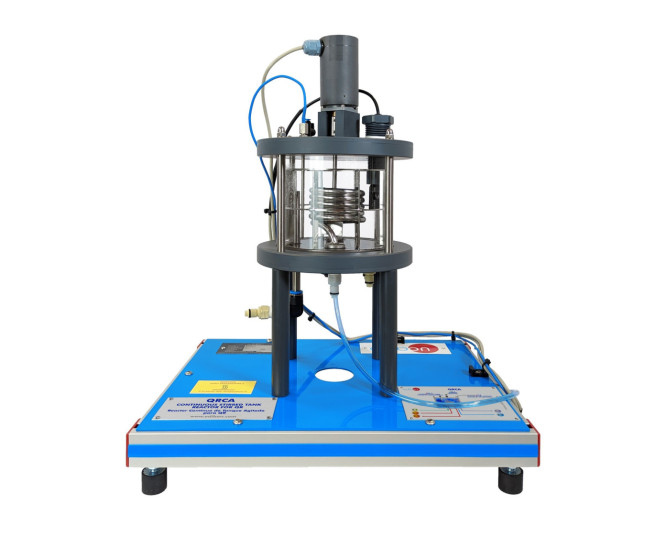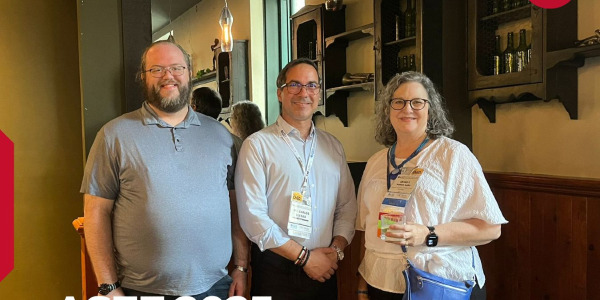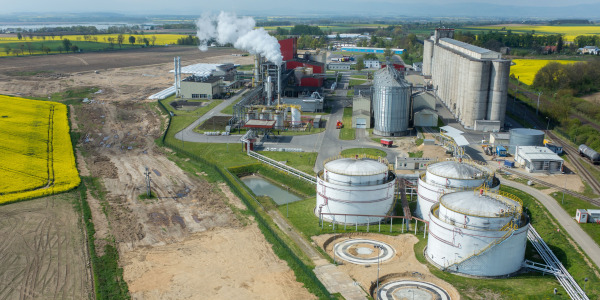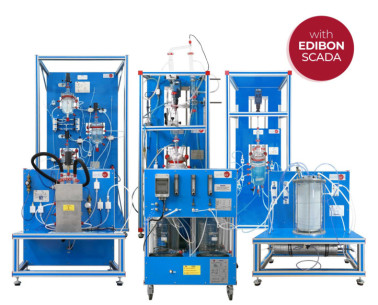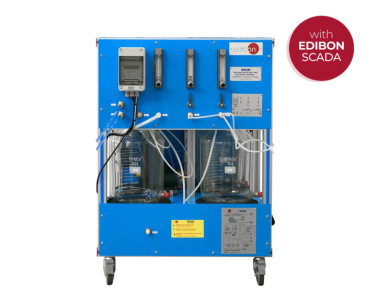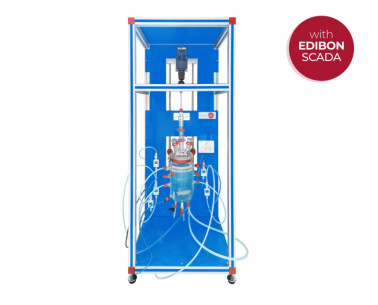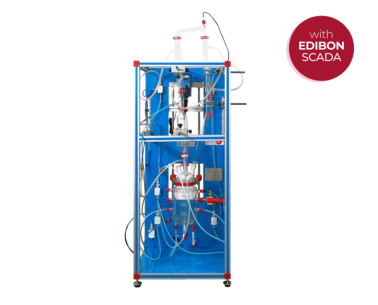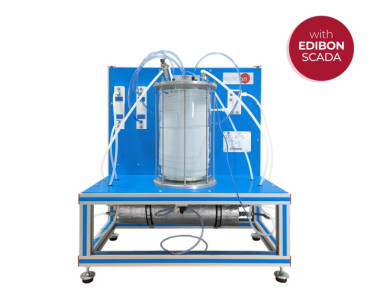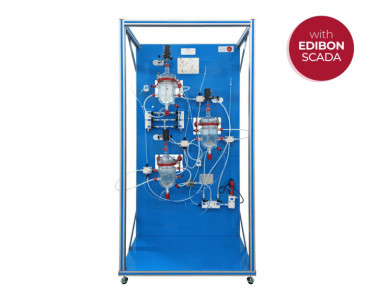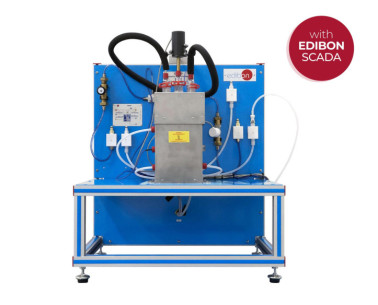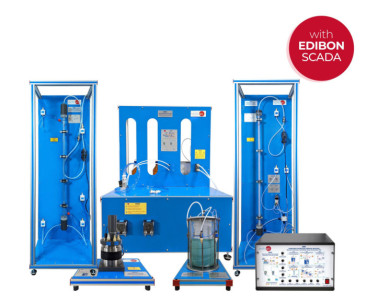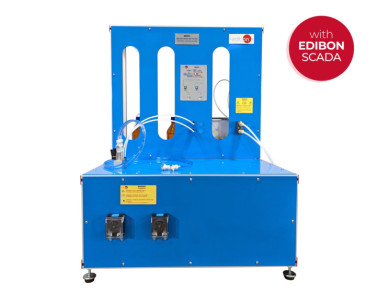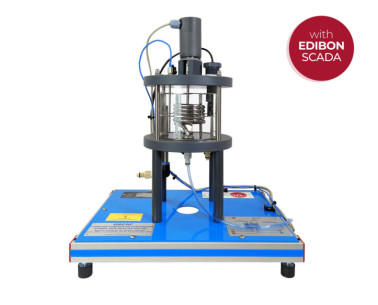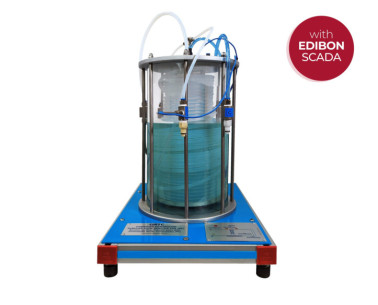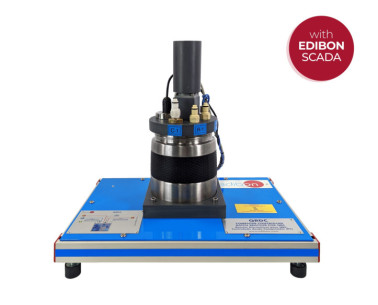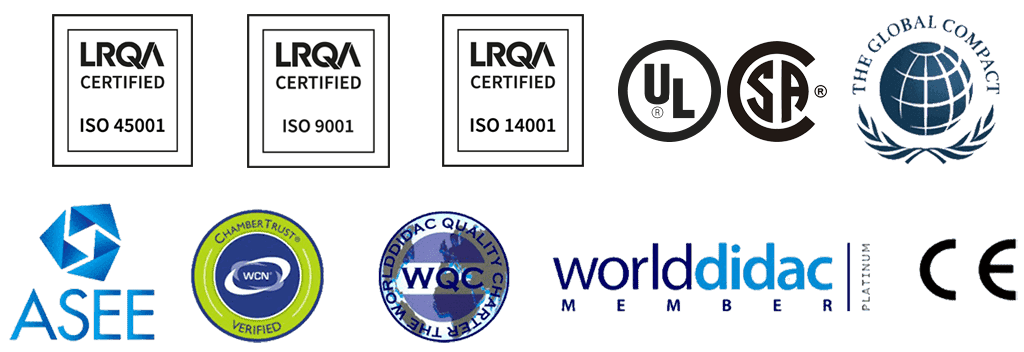Once again, EDIBON had the honor of participating in one of the most significant international events in the field of engineering education: the ASEE Annual Conference and Exposition 2025, organized by the American Society for Engineering Education (ASEE).
At EDIBON, we are committed to strengthening skills as a strategic pillar for the competitiveness and social well-being of the European Union. Proper training not only boosts the economy but also enables individuals to fully participate in society and democracy.
In a world where energy demand continues to rise and non-renewable resources are rapidly depleting, the need for sustainable, environmentally friendly solutions has never been more urgent. The circular economy and the use of organic biomass to produce biofuels are emerging as key answers to...
 쿠키 기본 설정
쿠키 기본 설정

